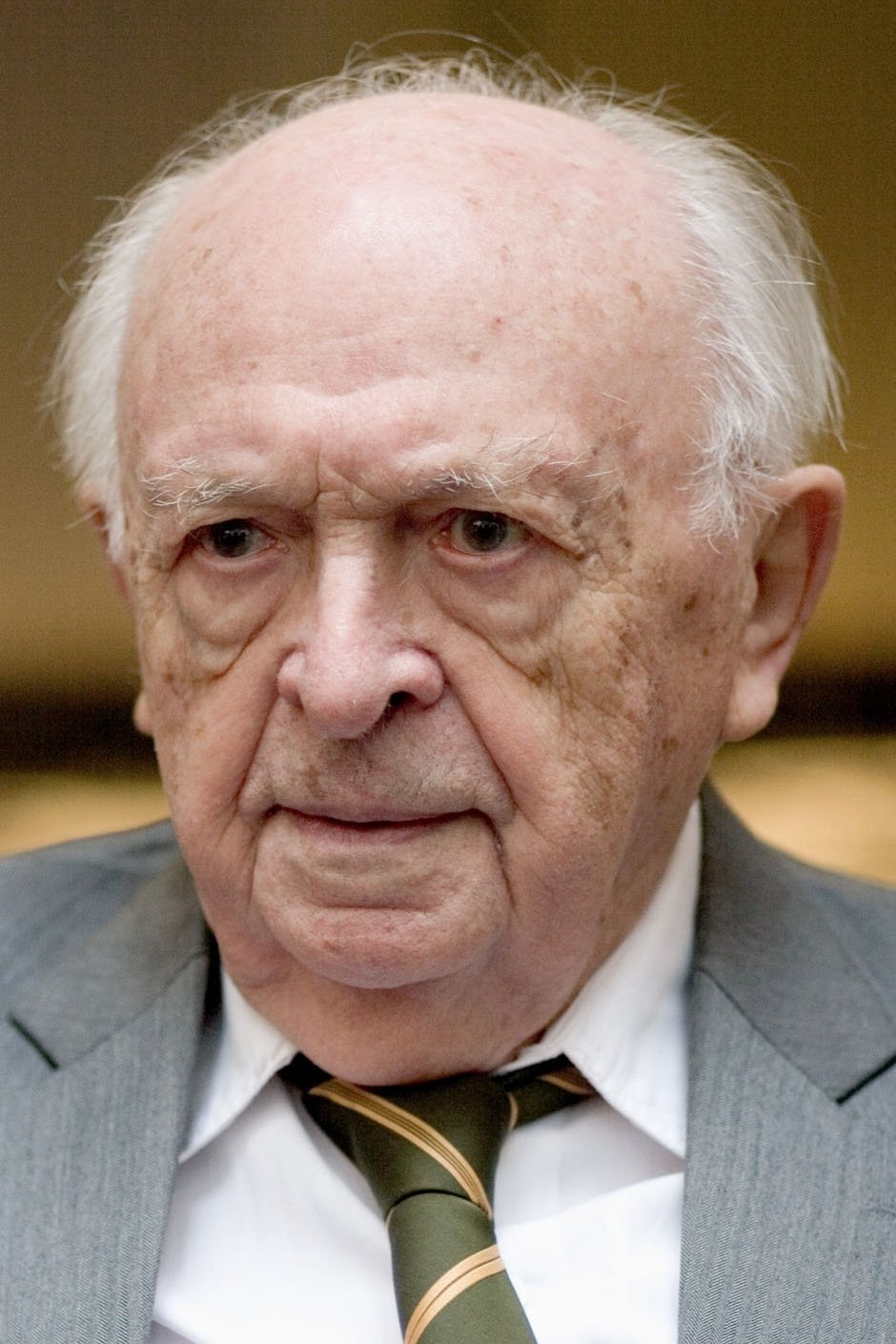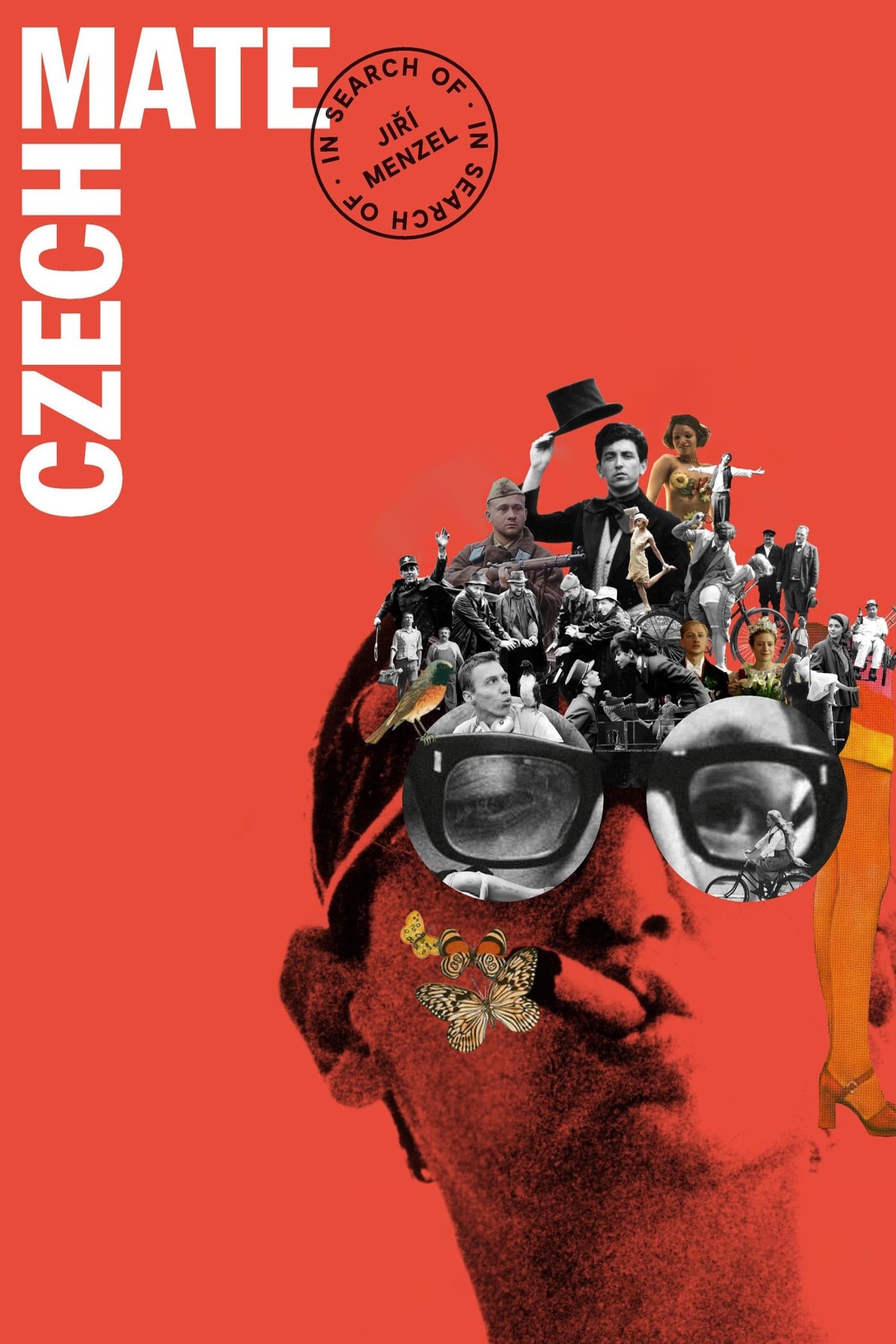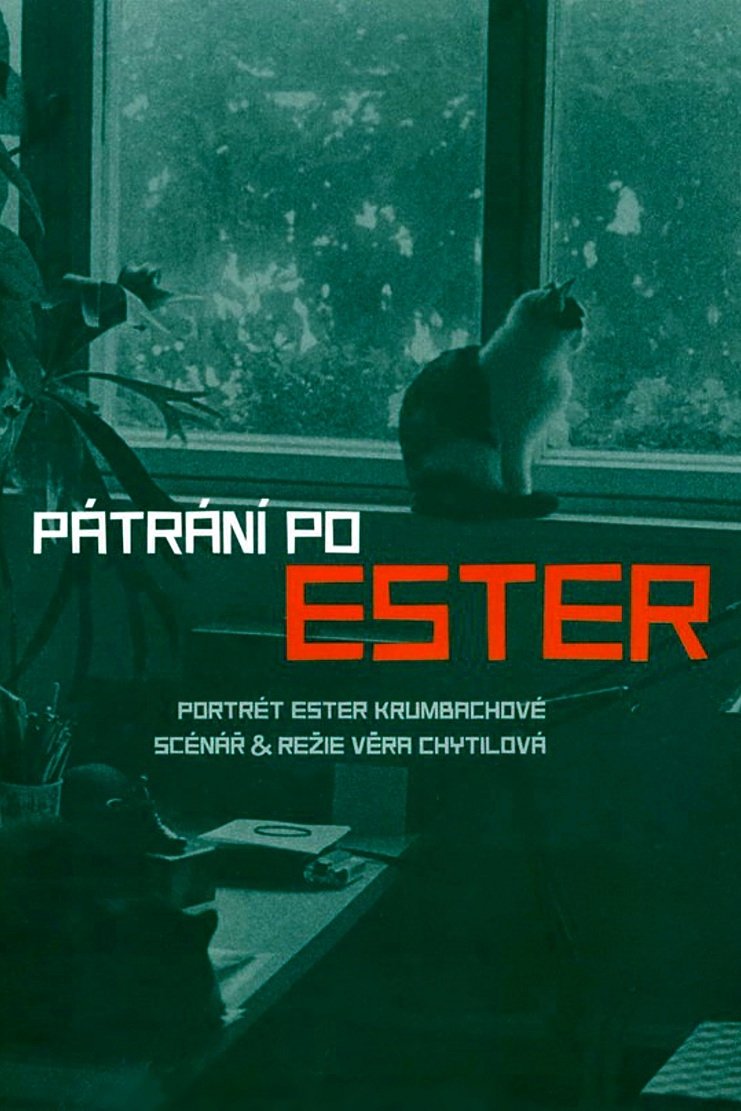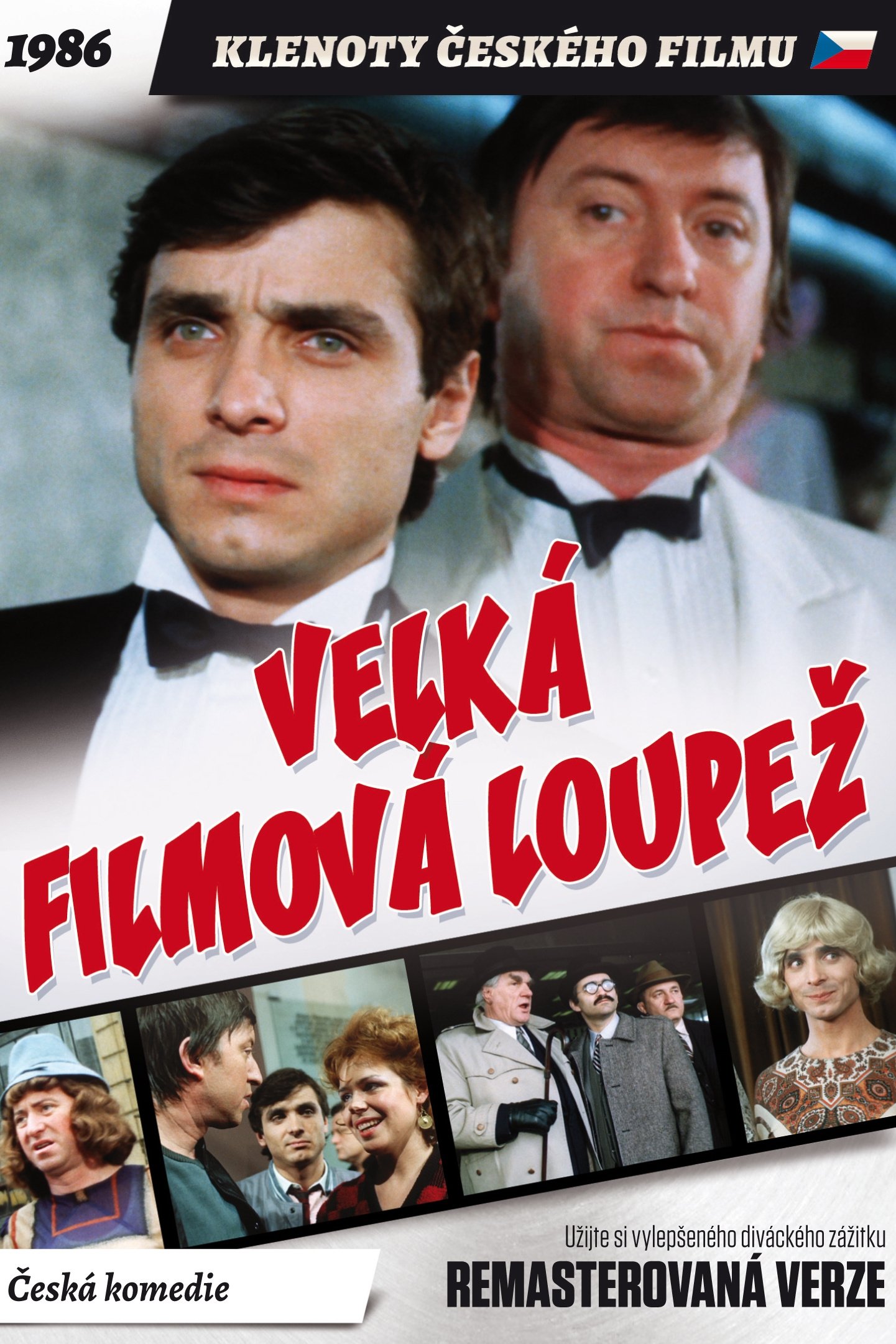

An epic exploration of the Czechoslovak New Wave cinema of the 1960s and 70s, structured around a series of conversations with one of its most acclaimed exponents - Closely Observed Trains director Jiří Menzel.

Ester Krumbachová - a costume designer, screenwriter, director; one of the boldest personalities of the Czech New Wave. She worked in theatre, she was a writer and an illustrator. She co-created films such as O slavnosti a hostech (1966), Sedmikrásky (1966), Vsichni dobrí rodáci (1969), Pension pro svobodné pány (1968), Valerie a týden divu (1970), Slamený klobouk (1972) and many others. In the 1960s, she was a 'pivot' of the art scene in Prague, attracting artists who were on the threshold of their career, just setting out to find their own form of self-realization. Those who underwent her tutelage remember her forever. Director Vera Chytilová talks to those who knew Ester Krumbachová, who worked with her, befriended her, loved her. She sets off on a search that is to end by answering the question: Who was Ester?
Otakar Vávra walks through Prague in front of the camera and with the camera, and remembers those who in the 1930s determined the pulse of the cultural and political life of that time.

The film is essentially a feature-length commercial for an exhibition to mark the 40th anniversary of the nationalisation of the Czechoslovak film industry, to be held at the Prague U Hybernu venue. The protagonists of the piece are comedians Oldrich Kaiser and Jirí Lábus, who are set to accept an award from Japanese television representatives at the exhibition. At the same time, five gangsters plot to seize a revolutionary invention devised by professor Suzuki - a super holograph, which enables any figure from television to be transported in the flesh into the real world, and vice-versa.
Otakar Vávra (28 February 1911 – 15 September 2011) was a Czech film director, screenwriter and pedagogue. Vávra attended universities in Brno and Prague, where he studied architecture. During 1929–30, while still a student, he participated in the making of a handful of documentaries and wrote movie scripts. In 1931, he produced the experimental film Světlo proniká tmou. The first movie he directed was 1937's Panenství. His 1938 film The Merry Wives was praised in Variety for "first-rate direction, a salty yarn and elaborate production effort", even though it had undergone certain cuts because it was considered too "ribald" by American censors. Vávra was a member of the Communist Party from 1945 to 1989. After the Communists seized power in 1948, Vávra adapted quickly to the new political climate and produced films praising the current regime and supporting the new, official interpretation of the past. In the 1950s he filmed the "Hussite Trilogy", one of his most famous works, consisting of Jan Hus (1954), Jan Žižka (1955) and Against All (1957).[2] In the 1960s, Vávra made his most celebrated films Zlatá reneta (1965), Romance for Bugle (1966) and Witchhammer (1969). Romance for Bugle was entered into the 5th Moscow International Film Festival where it won the Special Silver Prize. In the 1970s Vávra produced his "War Trilogy" consisting of semi-documentary movies Dny zrady, Sokolovo and Osvobození Prahy, all being heavily influenced by communist propaganda. The film Dny zrady (Days of Betrayal, 1973) was entered into the 8th Moscow International Film Festival where it won a Diploma. In 1979 he was a member of the jury at the 11th Moscow International Film Festival. Since the 1950s Vávra taught film direction at Film and TV School of the Academy of Performing Arts in Prague. Among his students were several directors of the "Czech New Wave".
By browsing this website, you accept our cookies policy.